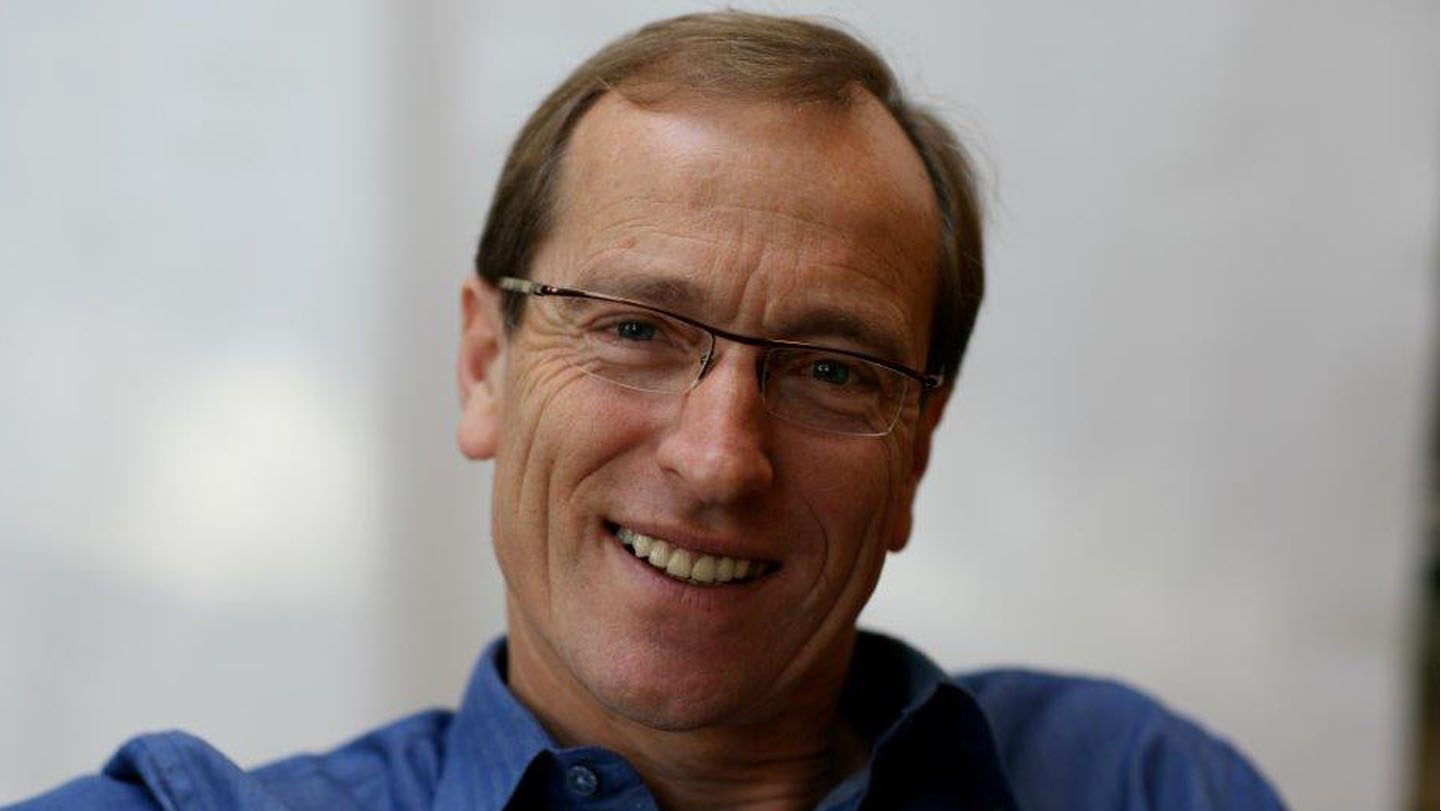The 2025 Autumn Statement – a Naïve Proposal
Madam Speaker
Today I wish to present the House with an entirely new kind of Autumn Statement.
This comes after extensive dialogue with all political parties, and it follows a major consultation with stakeholders of all sorts. Its policy pillars are based on the three month national conversation which followed the modified and dynamic Citizen’s Jury processes that were carried out across the regions and nations that make up the United Kingdom.
The cumulative result of all these conversations is that we now have a way forward with six key points on which government and opposition parties together are agreed, and from which the country does not intend to deviate even after a General Election. The underlying six points will be revisited in a further all-party dialogue every two years and tested regularly in opinion surveys of affected stakeholders.
I would like to thank the Leader of the Opposition and all opposition party colleagues for their co-operation in arriving at agreement on these six commitments. They cover
– A plan to meet our international climate and bio-diversity commitments as set out at recent COP and related conferences
– A joint commitment to policies that will genuinely contribute to reducing inequality and levelling up different parts of the UK
– An agreed strategy for the steady improvement and better funding – without further re-organisation – of health and social care
– A plan to build on and improve our arrangements for apprenticeships, further education and vocational education – without further reorganisation
– A plan to improve and better fund the operation of our policing, justice, probation and court system without further reorganisation
– An agreement in principle to build on the success of the Welsh Wellbeing of Future Generations Act and work together through a further consultation and Citizens’ Jury to introduce similar legislation covering the whole of the UK
Outside of these six headings there are many aspects of this Autumn Statement on which political parties will disagree. For example we don’t agree on how the money should be raised; who should be taxed and how much; on social security, pensions and benefits; the approach to international trade and international development; transport policy; trade unionism and conditions under which there is a right to strike; the part if any which European courts should play in our affairs nor on the need for an industrial strategy. We see all these topics as the necessary subject matter for healthy disagreement between us.
Nonetheless all parties are confident that the policies and strategy on which we have been able to find common ground will serve the nation well and greatly increase international confidence in our economy. They will also help those working in the affected parts of the public sector to concentrate on the core essentials of their task without the distraction of further reorganisations. Our memorandum of understanding includes a commitment to all-party dialogue and further consultation before any structural reorganisation of public services is embarked on by an elected government. We also hope that the all- party select committees of both houses will serve as guardians of each of these six commitments, enabling the implementation of all of them to be subjected to constructive challenge in a non-partisan way.
All of us who have taken part in these dialogues believe that, as a result of the hard work of our citizens and their representatives, we have now laid the foundations for a more long-term, more legitimate, more harmonious and more productive process for the shaping of the policies that determine the quality of life of so many of our citizens.
I might add the hope that by seeking to find and reinforce areas of mutual agreement we may well have strengthened our democracy for future generations and contributed to a climate of greater trust in politics and politicians.
I commend these priorities to the House.
Mark Goyder is Founder of Tomorrow’s Company and Senior Advisor to the Board Intelligence Think Tank. He is the author, with Ong Boon Hwee, of Entrusted – Stewardship for Responsible Wealth Creation, published by World Scientific in 2020. He has been part of the volunteer team through which the agenda of the first Anthropy Conference (2—4 November at the Eden Project) was crowd-sourced.
